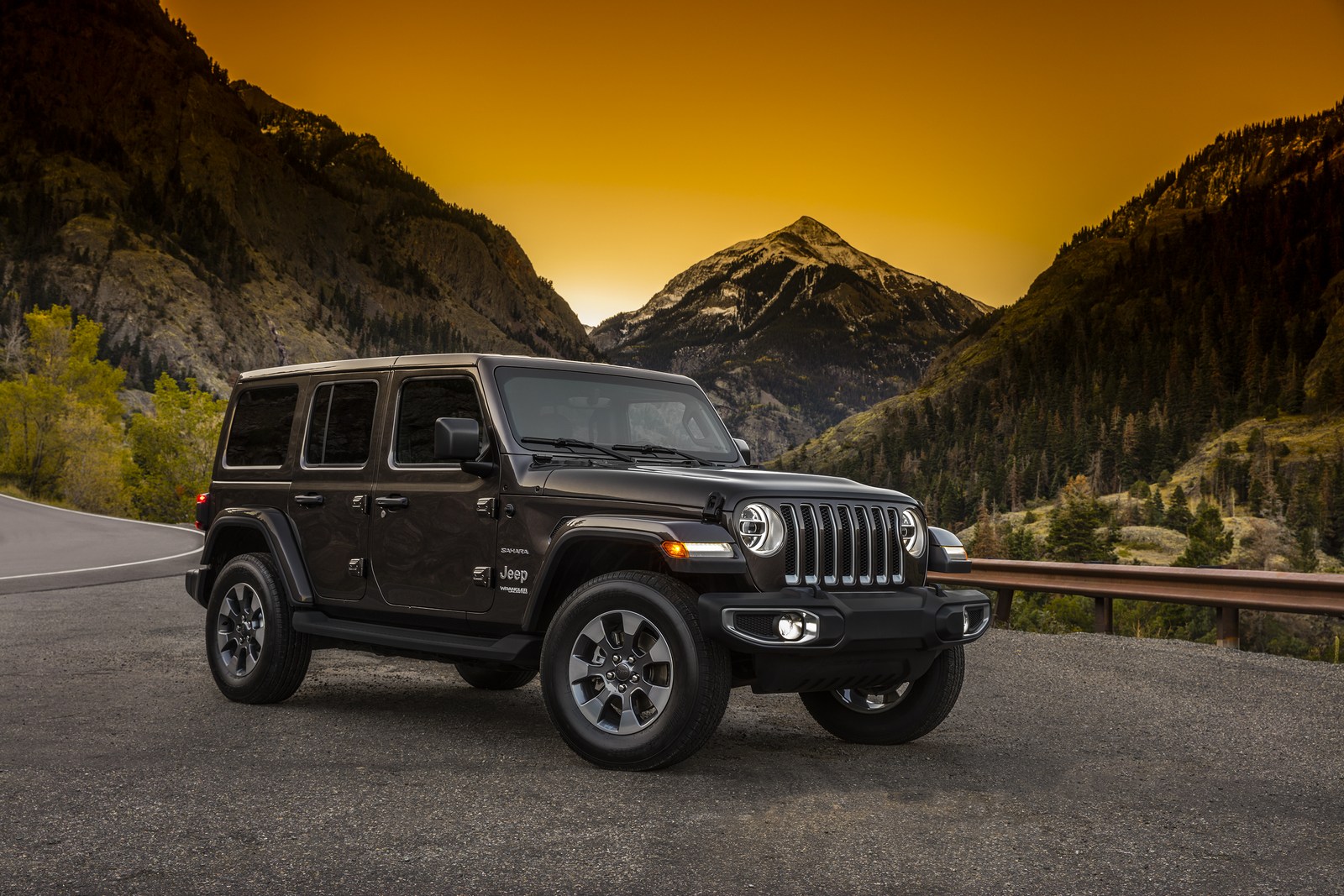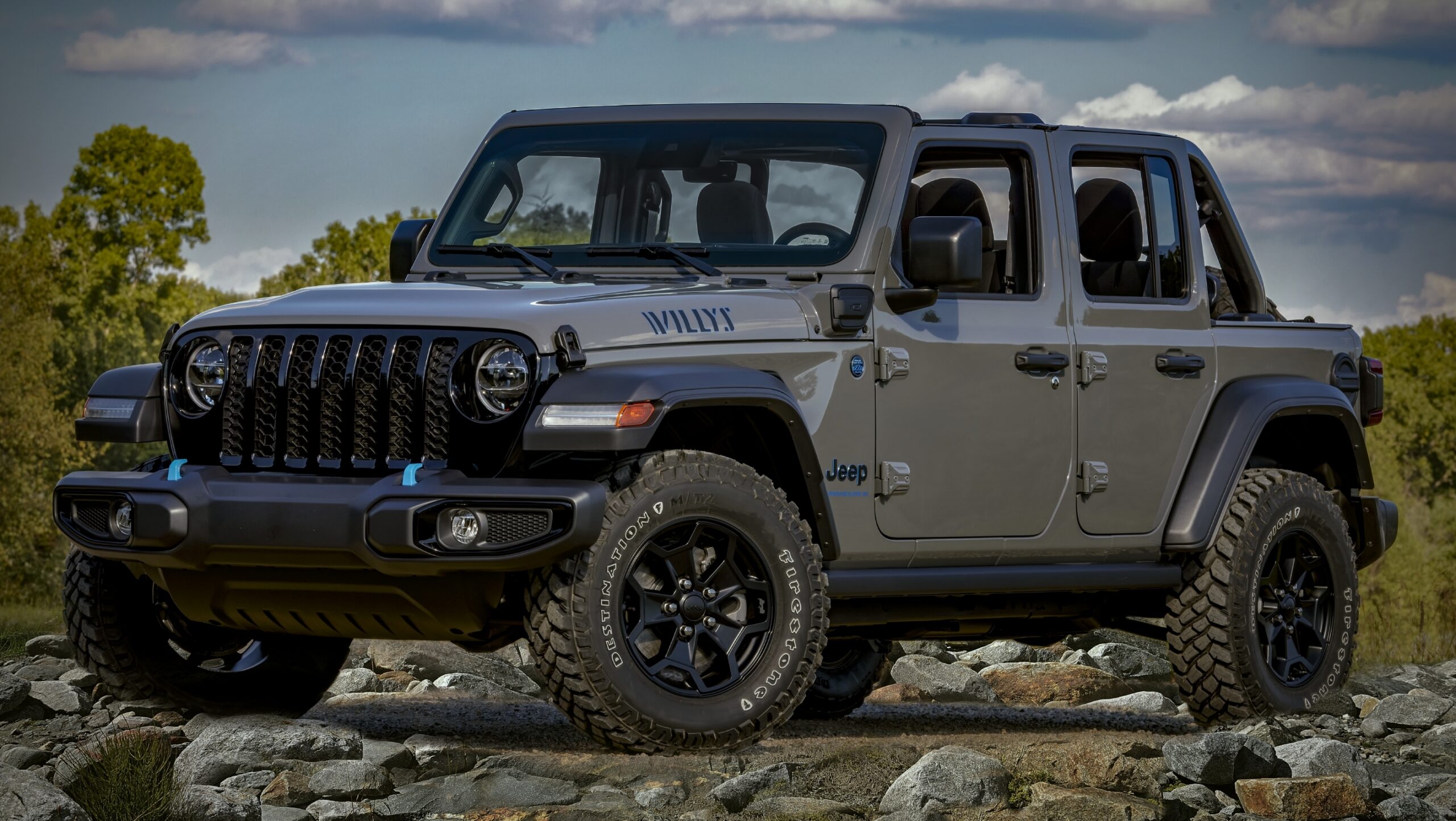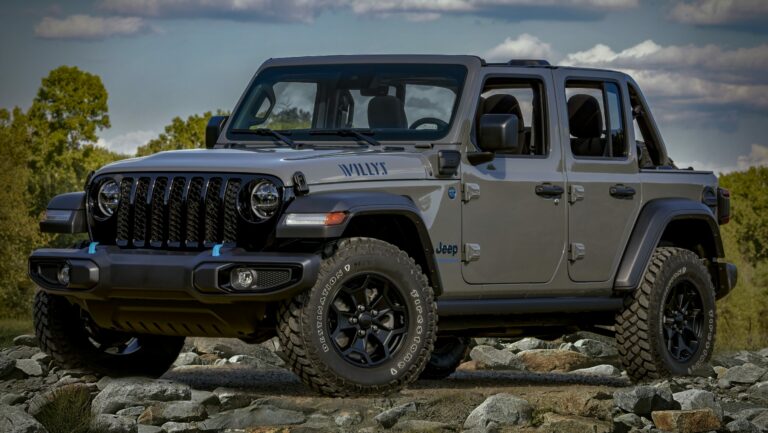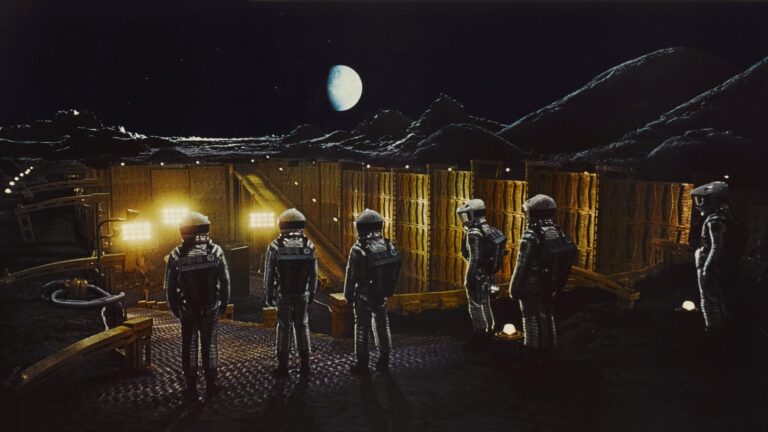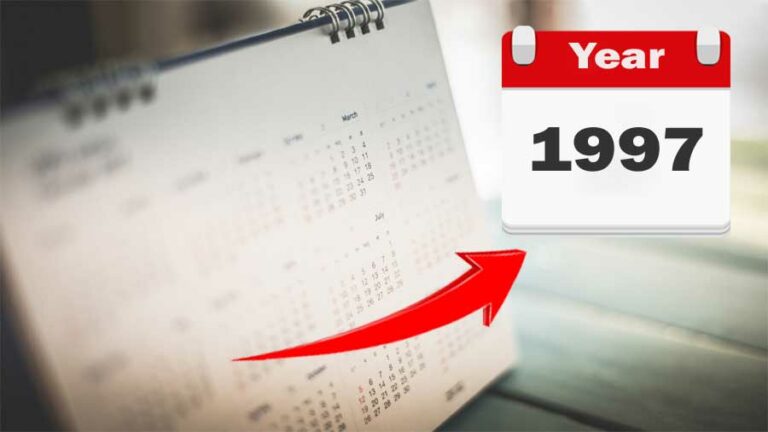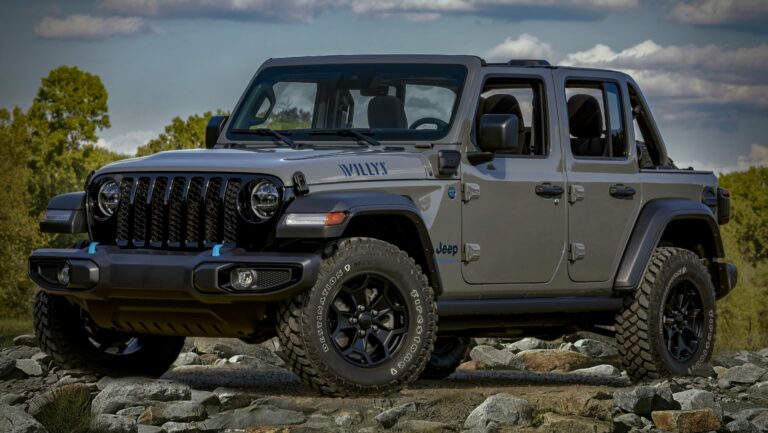Jeep Grand Cherokee 2002 Engine For Sale: A Comprehensive Buyer’s Guide
Jeep Grand Cherokee 2002 Engine For Sale: A Comprehensive Buyer’s Guide jeeps.truckstrend.com
The 2002 Jeep Grand Cherokee, part of the beloved WJ generation, stands as a testament to rugged capability and surprising comfort. Known for its iconic styling and robust drivetrain options, many of these vehicles continue to ply roads and trails today, thanks to their enduring design. However, like any machine with tens of thousands, or even hundreds of thousands, of miles under its belt, the engine can eventually reach the end of its reliable service life. When that happens, the search for a "Jeep Grand Cherokee 2002 Engine For Sale" becomes not just a necessity, but an opportunity to breathe new life into a cherished vehicle.
Finding the right replacement engine is crucial. It’s not merely about swapping out a faulty component; it’s about making an informed decision that balances cost, reliability, and the long-term viability of your Grand Cherokee. This comprehensive guide will navigate you through everything you need to know about purchasing a 2002 Jeep Grand Cherokee engine, from understanding your options to securing the best deal and ensuring a successful installation.
Jeep Grand Cherokee 2002 Engine For Sale: A Comprehensive Buyer’s Guide
Understanding the 2002 Jeep Grand Cherokee Engine Options
Before you begin your search, it’s vital to understand the specific engine options available for the 2002 Grand Cherokee (WJ chassis). Knowing which engine your vehicle originally came with, and whether you want to stick with it or consider a compatible alternative, is your first step.
The 2002 model year primarily offered two gasoline engine choices in North America, renowned for their distinct characteristics:
- 4.0L PowerTech I6 (Inline-6): This legendary engine (AMC 242) is celebrated for its incredible durability, simplicity, and low-end torque. It’s a workhorse, often reaching well over 200,000 miles with proper maintenance. While not a powerhouse, its reliability makes it a top choice for many Grand Cherokee owners. It typically produces around 195 horsepower and 230 lb-ft of torque.
- 4.7L PowerTech V8 (SOHC): For those seeking more power and a smoother driving experience, the 4.7L V8 was the upgrade. This engine came in two variants for 2002:
- Standard Output (SO) 4.7L: Producing approximately 235 horsepower and 295 lb-ft of torque.
- High Output (HO) 4.7L: Found in higher trim levels like the Limited and Overland, this version offered a significant boost with around 265 horsepower and 325 lb-ft of torque, thanks to different camshafts, intake manifold, and exhaust.
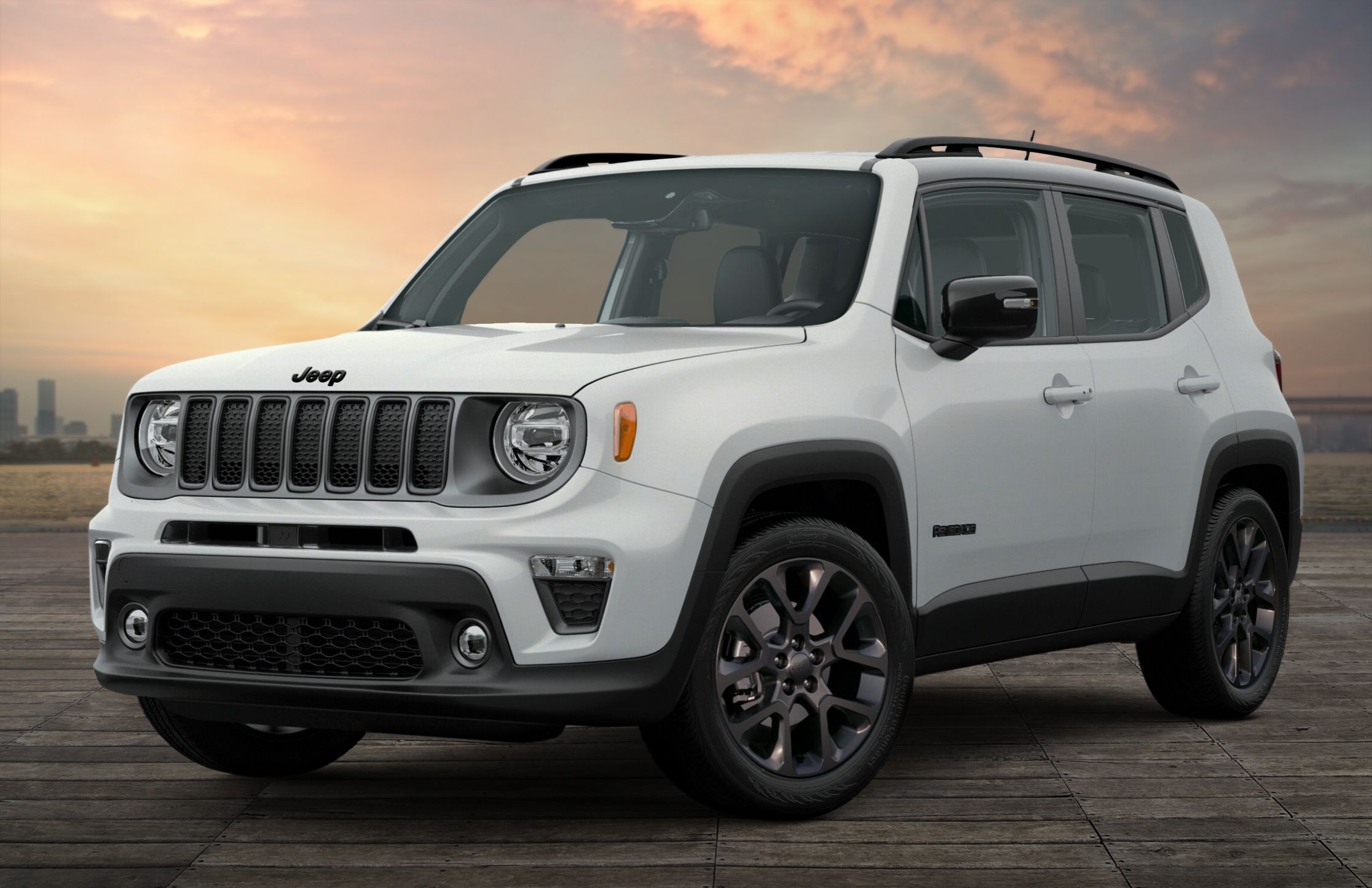
Key Point: While the 4.0L and 4.7L engines are distinct, they are designed to fit the WJ chassis. Swapping from a 4.0L to a 4.7L (or vice versa) is technically possible but involves significant modifications to the transmission, engine computer (PCM), wiring harness, and potentially the cooling system and exhaust. For most owners, replacing the engine with the exact same type is the most straightforward and cost-effective solution. Always verify the engine code or VIN to ensure you’re getting the correct match for your vehicle.
Why Buy a Replacement 2002 Grand Cherokee Engine?
The decision to replace an engine often stems from specific issues or long-term goals for your vehicle. Common reasons include:
- Catastrophic Engine Failure: This is the most common trigger. Issues like a thrown rod, cracked block, severe overheating damage, or unrepairable internal component failure make replacement the only viable option.
- Excessive Wear and Tear: High mileage can lead to problems like severe oil consumption, persistent misfires, low compression, or excessive engine noise (e.g., rod knock or lifter tap) that are too costly to repair individually.
- Cost-Effectiveness: For an otherwise solid vehicle with a good body, chassis, and transmission, replacing the engine is often significantly cheaper than purchasing a new or even a newer used vehicle. It extends the life of a vehicle you already know and trust.
- Restoration or Project Vehicles: Enthusiasts often seek replacement engines for Grand Cherokees they are restoring or building into off-road machines, ensuring a fresh start for the powertrain.
- Performance Upgrade (Complex): As mentioned, some adventurous owners might consider swapping a 4.0L for a 4.7L HO for more power, though this is a much more involved and expensive undertaking.
![]()
Where to Find a Jeep Grand Cherokee 2002 Engine For Sale
The market for used and remanufactured engines is vast. Knowing where to look will help you find the right balance of price, quality, and warranty.
- Salvage Yards & Auto Recyclers:
- Pros: Often the cheapest option, especially for complete used engines. You might find a local yard, saving on shipping.
- Cons: Unknown history, mileage verification can be difficult, limited or no warranty (often 30-90 days, if any). Engines are "as-is" and may require significant cleaning and accessory swaps.
- Specialized Engine Suppliers (Online & Local):
- Pros: Offer a range of options (used, rebuilt, remanufactured) with varying warranties (often 1-3 years). Engines are typically tested, cleaned, and often come with new gaskets and seals. Reputable suppliers provide VIN compatibility checks.
- Cons: Generally higher prices than salvage yards, especially for rebuilt or remanufactured units. Shipping costs can be substantial.
- Online Marketplaces (eBay, Facebook Marketplace, Craigslist):
- Pros: Wide variety of options, from private sellers to small businesses. Potential for good deals.
- Cons: High risk of scams or misrepresented products. Limited recourse if problems arise. Shipping can be complicated or require local pickup. Due diligence on the seller is paramount.
- Jeep Forums & Enthusiast Groups:
- Pros: Connect with knowledgeable sellers within the community. Often, these engines come from well-maintained vehicles or are sold by enthusiasts who understand the product.
- Cons: Limited availability, highly specific to location or community. Less formal transaction process.
Types of Replacement Engines: Used, Rebuilt, or Remanufactured?
The condition of the engine you purchase significantly impacts its price, reliability, and warranty.
- Used Engine: This is an engine pulled directly from another vehicle, typically a salvage or wrecked Grand Cherokee.
- Pros: Lowest cost.
- Cons: Unknown internal condition, mileage, and maintenance history. Highest risk of issues. Warranty is usually very limited or non-existent. May come with accessories, but their condition is also unknown.
- Rebuilt Engine: An engine that has been disassembled, inspected, and had worn or damaged components replaced (e.g., bearings, piston rings, gaskets, seals). The block and heads are usually cleaned and machined.
- Pros: Better reliability than a used engine, mid-range cost. Comes with a decent warranty (often 6 months to 1 year).
- Cons: Quality can vary depending on the rebuilder’s standards and what components were replaced. Not all internal parts are necessarily new.
- Remanufactured Engine: This is the closest you can get to a brand-new engine. It is completely disassembled, all wear parts are replaced with new or re-machined components to original factory specifications. The block, crankshaft, and cylinder heads are rigorously inspected and machined.
- Pros: Highest reliability and longest warranties (often 1-3 years, sometimes more). Comes with new or remanufactured accessories. Often includes a comprehensive core return program.
- Cons: Highest cost.
Practical Advice: For peace of mind and long-term reliability, a remanufactured engine is generally the best investment, especially if you plan to keep your Grand Cherokee for many more years. If budget is a primary concern, a reputable rebuilt engine can be a good compromise. Used engines are a gamble and best suited for those with mechanical expertise or very limited budgets, where the vehicle’s long-term value isn’t the primary concern.
Key Considerations When Purchasing a 2002 Grand Cherokee Engine
Making an informed decision requires careful consideration of several factors:
- Engine Code/VIN Compatibility: Crucial for ensuring the engine is a direct fit. Provide your vehicle’s VIN to the seller to confirm compatibility. This prevents issues with sensors, wiring, and mounting points.
- Warranty: Understand what the warranty covers (parts, labor, towing?), its duration, and any conditions (e.g., professional installation required, specific fluids used). Get it in writing.
- Supplier Reputation: Research the seller. Look for reviews, testimonials, and how long they’ve been in business. Avoid sellers with numerous negative reviews or a history of unfulfilled warranties.
- What’s Included? Engines are often sold as "long blocks" (block, heads, crankshaft, camshafts, pistons) or "complete engines" (long block plus intake manifold, exhaust manifolds, oil pan, valve covers, etc.). A complete engine simplifies installation but costs more. Be clear on what accessories (alternator, starter, power steering pump, A/C compressor) are included, if any, and their condition. You’ll likely need to swap over many of your original accessories.
- Mileage (for Used Engines): Lower mileage is generally better, but always remember that mileage claims for used engines can be hard to verify. Ask for donor vehicle VIN if possible.
- Shipping & Logistics: Factor in shipping costs, delivery time, and how the engine will be offloaded at your location. Engines are heavy and require proper equipment.
- Core Charge: Many suppliers charge a "core charge" which is a refundable deposit. You get this money back when you return your old engine (the "core") to them. Ensure you understand the core return policy and timeframe.
- Inspection: If buying locally, visually inspect the engine for damage, signs of overheating, cracks, or missing components. Check for fluid leaks or excessive sludge.
Installation Process and Post-Installation Tips
Engine replacement is a complex task best left to certified mechanics or experienced DIYers with the right tools and knowledge.
- Professional Installation: Highly recommended. A professional shop can ensure proper installation, diagnose any associated issues, and often provide their own labor warranty.
- Pre-Installation Checks: Before installing, replace critical wear items like the rear main seal (if not already done), spark plugs, thermostat, and all fluid filters (oil, fuel, air). Consider replacing motor mounts, serpentine belt, and any suspect sensors (e.g., oxygen sensors, crankshaft position sensor).
- Fluid Management: Use fresh, manufacturer-recommended fluids (engine oil, coolant, power steering fluid, transmission fluid if disconnected).
- Break-in Procedure (for Rebuilt/Remanufactured): Follow the supplier’s specific break-in instructions. This usually involves avoiding heavy loads, high RPMs, and constant speeds for the first few hundred miles, along with an early oil change.
- Post-Installation Monitoring: Pay close attention to engine sounds, temperature, fluid levels, and any warning lights during the initial driving period. Address any anomalies immediately.
Price Table: Jeep Grand Cherokee 2002 Engine For Sale
The following table provides estimated price ranges for a 2002 Jeep Grand Cherokee engine. Prices can vary significantly based on supplier, warranty, included accessories, and market demand.
| Engine Type | Condition | Estimated Price Range (USD) | Typical Warranty | Notes |
|---|---|---|---|---|
| 4.0L PowerTech I6 | Used | $700 – $1,500 | 30-90 days (parts only) | Price highly dependent on mileage and donor vehicle. High risk. |
| Rebuilt | $1,800 – $2,800 | 6 months – 1 year (parts only or parts & labor) | Quality varies; inquire about what components are replaced. | |
| Remanufactured | $2,500 – $3,800+ | 1-3 years (parts & labor, sometimes unlimited) | Highest reliability, often comes with new seals, gaskets, and updated components. Best long-term value. | |
| 4.7L PowerTech V8 | Used | $900 – $1,800 | 30-90 days (parts only) | More complex than I6; higher chance of sensor/accessory issues if not inspected. |
| Rebuilt | $2,200 – $3,500 | 6 months – 1 year (parts only or parts & labor) | Ensure V8-specific wear items (e.g., lifters, valve springs) are addressed. | |
| Remanufactured | $3,000 – $4,500+ | 1-3 years (parts & labor, sometimes unlimited) | Critical for these engines due to more complex valvetrain. Consider the HO version if available and desired. | |
| 4.7L HO PowerTech V8 | Used | $1,200 – $2,500 | 30-90 days (parts only) | Rarer than standard 4.7L, prices can fluctuate. |
| Rebuilt | $2,500 – $4,000 | 6 months – 1 year (parts only or parts & labor) | Verify it’s truly the HO version (e.g., check casting numbers, cam profiles if possible). | |
| Remanufactured | $3,500 – $5,000+ | 1-3 years (parts & labor, sometimes unlimited) | Premium price for premium performance. Ensure the remanufacturer specializes in performance variants. |
Note: Prices do not include shipping costs (which can be $200-$600+), core charges ($300-$700+), or installation labor ($800-$2,000+ depending on shop and complexity).
Frequently Asked Questions (FAQ)
Q1: Can I swap my 4.0L engine for a 4.7L V8 in my 2002 Grand Cherokee?
A1: Yes, it is technically possible, but it is a complex and costly undertaking. You would need the entire 4.7L engine, its corresponding transmission, engine computer (PCM), wiring harness, and potentially modifications to the cooling system, exhaust, and fuel system. It’s not a direct bolt-in and requires significant mechanical expertise and financial investment.
Q2: What is a "core charge" and why do I have to pay it?
A2: A core charge is a refundable deposit that suppliers charge when you purchase a rebuilt or remanufactured engine. It ensures that you return your old, faulty engine (the "core") to them. The supplier then rebuilds or remanufactures your old core, keeping it in their inventory cycle. Once your old engine is received and inspected, the core charge is refunded to you.
Q3: How long does an engine replacement typically take?
A3: For a professional mechanic, an engine swap on a 2002 Grand Cherokee can typically take anywhere from 15 to 30 hours of labor, depending on the engine type (I6 vs. V8), whether it’s a long block or complete engine, and any unforeseen complications. This translates to about 2-5 business days once the engine is received and the vehicle is in the shop.
Q4: What’s the average lifespan of these engines after replacement?
A4: A properly installed, high-quality remanufactured or rebuilt engine, maintained according to the manufacturer’s recommendations, can realistically last another 100,000 to 200,000+ miles. Used engines are a wild card, but even they can perform well if you’re lucky and they had good prior maintenance.
Q5: Should I buy an engine locally or online?
A5: Buying locally allows for visual inspection and potentially lower or no shipping costs. However, online suppliers often have a wider selection, better pricing due to volume, and more robust warranty options, especially for remanufactured units. Weigh the pros and cons based on your risk tolerance, budget, and mechanical expertise. Always verify the seller’s reputation regardless of where you buy.
Conclusion
The 2002 Jeep Grand Cherokee holds a special place in the hearts of many SUV enthusiasts, blending classic Jeep ruggedness with modern amenities. When the engine calls it quits, deciding to replace it is often a financially sound and emotionally rewarding choice, allowing you to extend the life of a vehicle you know and love.
By understanding the available engine options, the different types of replacement units, and the critical considerations for purchase, you can navigate the market with confidence. Whether you opt for a budget-friendly used engine or invest in a long-lasting remanufactured unit, thorough research, clear communication with suppliers, and professional installation are your keys to success. Reinvigorating your 2002 Grand Cherokee with a new heart ensures many more miles of adventures on and off the beaten path.
